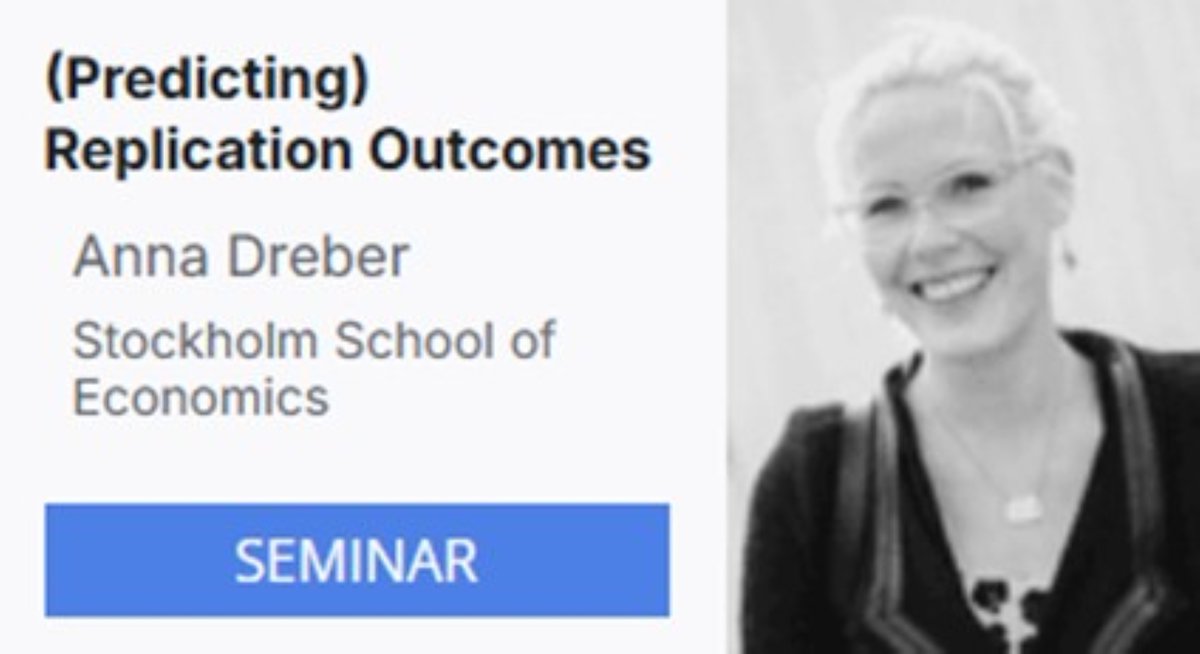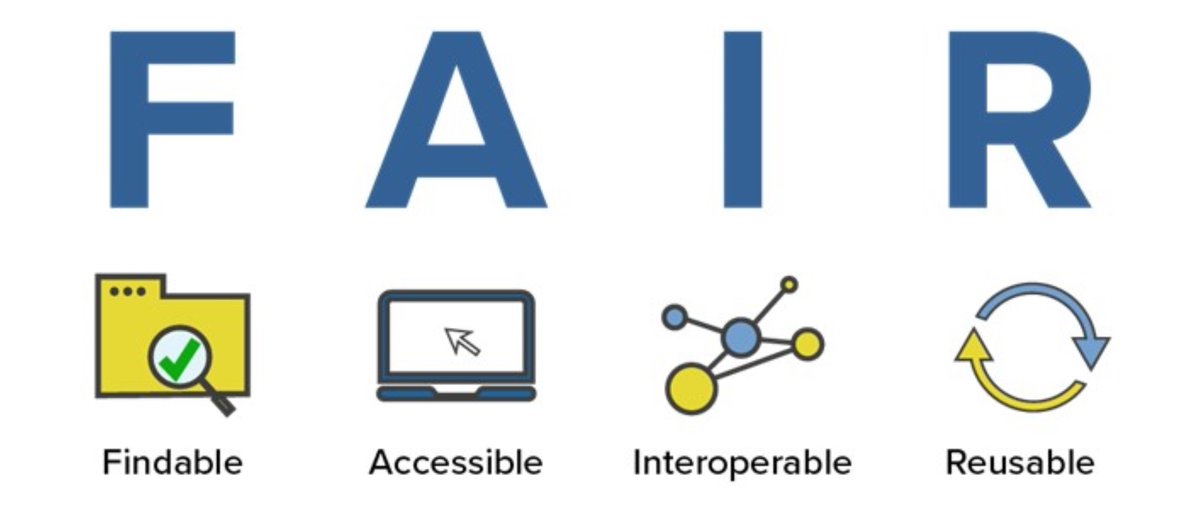
DeSci Foundation
@descifoundation
Reliable, transparent, independent, reproducible, and openly accessible science. #DeSci @[email protected]
ID: 1422874151166021634
https://linktr.ee/descifoundation 04-08-2021 10:57:03
674 Tweet
7,7K Takipçi
1,1K Takip Edilen

Listen to our podcast, Future of Science, with Dr. James Zou, Faculty Director of AI for Health at Stanford University. He joins our president Philipp Koellinger to discuss how AI is transforming academic collaboration. 🎧shorturl.at/WMDpn #AI #ScienceInnovation #DeSciFoundation #Research


Listen to our podcast, Future of Science, with Dr. James Zou, Faculty Director of AI for Health at Stanford University. He joins our president Philipp Koellinger to discuss how AI is transforming academic collaboration. 🎧shorturl.at/WMDpn #AI #ScienceInnovation #DeSciFoundation #Research




We hosted a seminar with Richard Sever, Cold Spring Harbor Laboratory on "Decoupling Science Communication." He discussed separating research from traditional methods and using digital platforms for better accessibility. 🎞️shorturl.at/kTJYo #ScienceCommunication #DeSci #ResearchInnovation
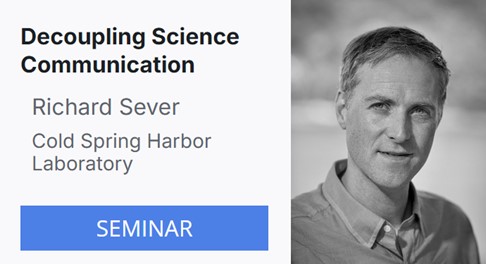

In our seminar with Mario Malički, Associate Director of Stanford University's Program on Research Rigor and Reproducibility, we explored how subjectivity and unpaid labour impact peer review. 🎞️shorturl.at/k6Z3h #DeSci #OpenScience #PeerReview #ResearchIntegrity

How can we improve research quality and transparency? In our seminar with Gustav Nilsonne from Karolinska Institutet, we discussed open access. Digital innovation and community-driven frameworks are key to ensuring integrity. 🎞️shorturl.at/ve1k4 #ResearchIntegrity #Transparency


Our president, Philipp Koellinger, recently took part in a panel discussion at IOSP and gave a keynote at the AuraSci conference. @GideonNave from the The Wharton School School at Penn, our new board member, also delivered a keynote at IOSP, addressing the replicability crisis and how the


In this Future of Science episode, JamesDouglas Boyd and Philipp Koellinger explore how automation is reshaping scientific discovery and what it means for the future of research. From cyborg scientists to AI-driven breakthroughs, they dive into the evolving role of humans in an era



Academic publishing is broken - researchers are paying anywhere from £1,000 to £13,000 just to publish their work, while journals face pressure to accept more papers to maximise profits. On the Times Higher Education podcast, our president Philipp Koellinger discusses how we can move towards a
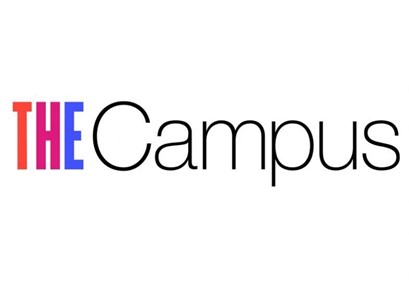

In this Future of Science episode, Allison Duettmann, President and CEO of Foresight Institute, shares the story behind the non-profit's founding and its mission to support the beneficial development of high-impact technologies. We explore whether predicting progress is possible, what
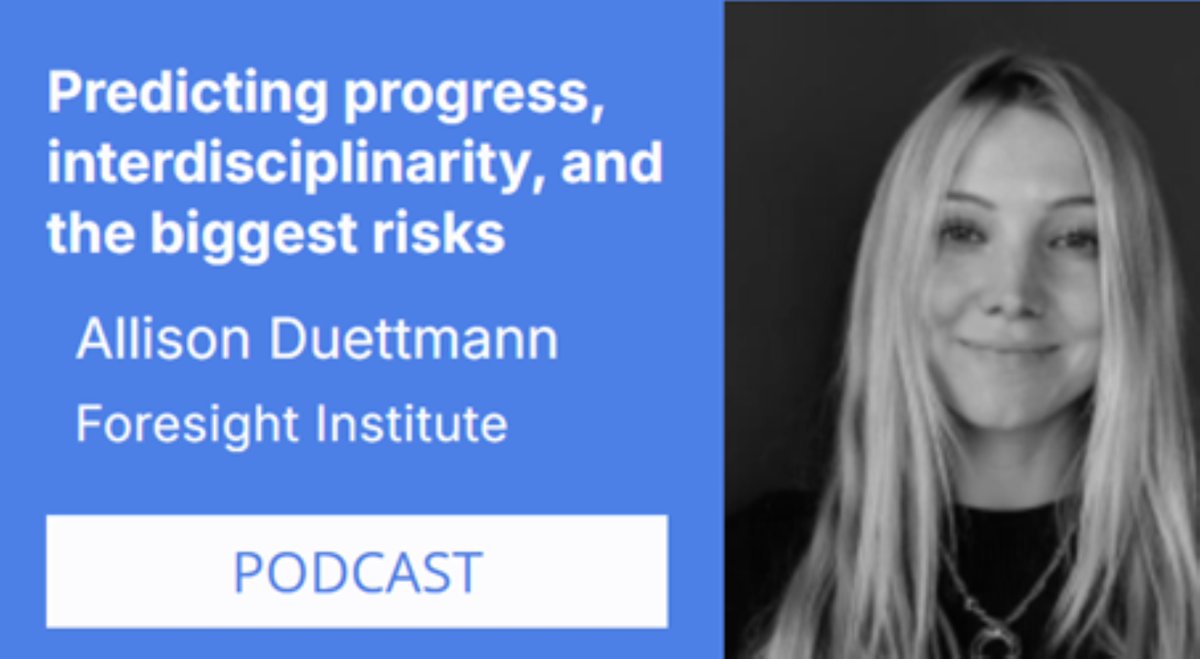

In this Future of Science episode, Anna Dreber from the @Stockholm School of Economics unpacks why the replication crisis isn’t just about bad science or p-hacking. It’s about how we design, analyse and interpret data in an inherently variable system. From prediction markets to
